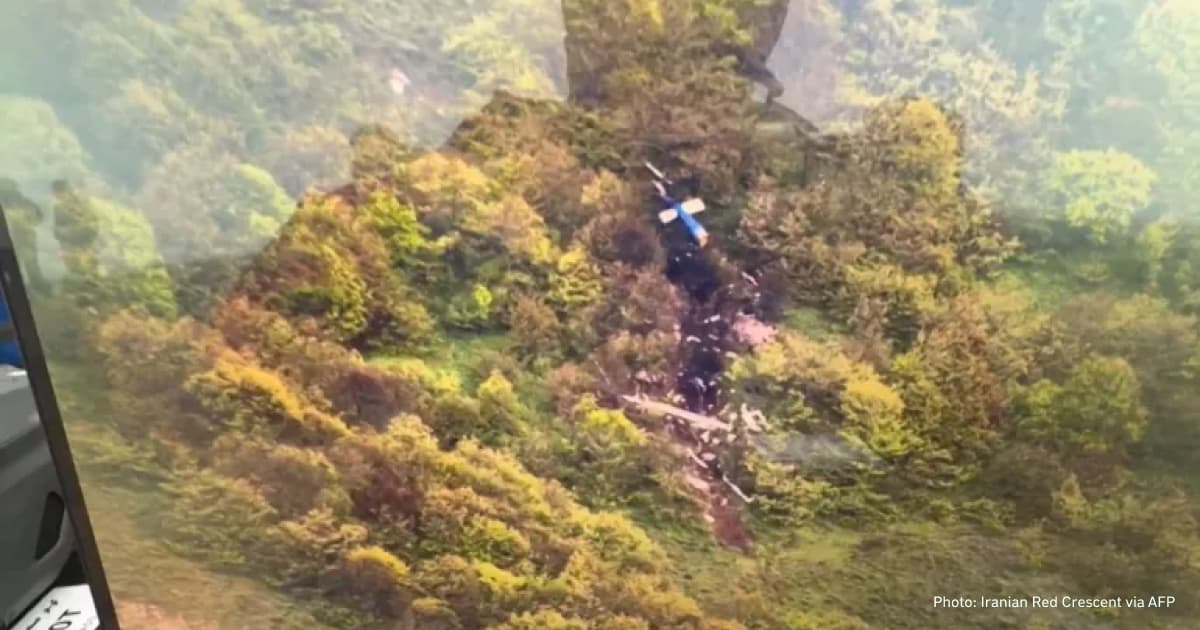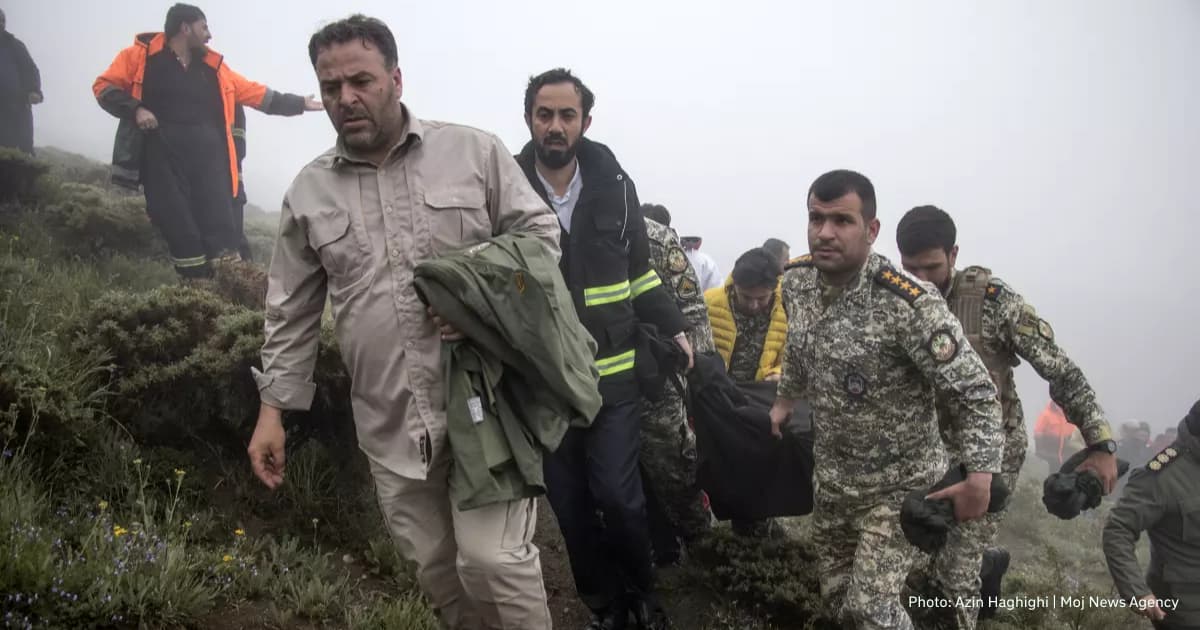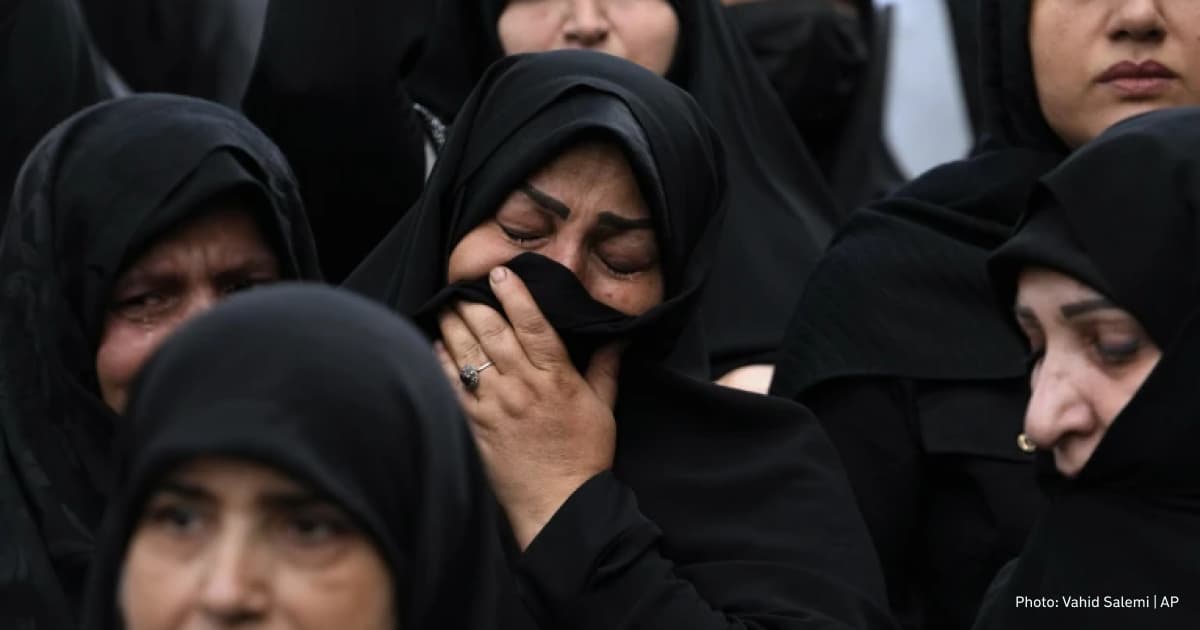Iran's president and foreign minister have died in a plane crash. What is happening in the country?
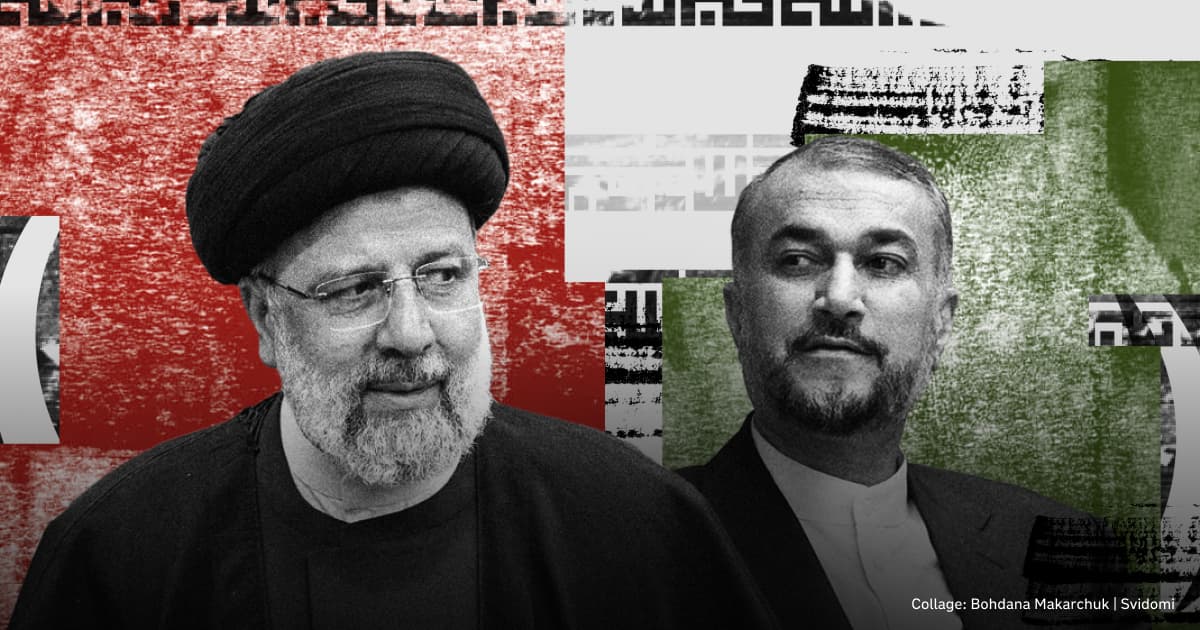
Iranian President Ebrahim Raisi and Foreign Minister Hossein Amir-Abdollahian have been killed in a helicopter crash in East Azerbaijan province.
Iranian Vice President Mohsen Mansouri confirmed the news, according to Iranian state media.
"All passengers of the helicopter carrying the Iranian president and foreign minister were martyred," Mehr said in a statement.
Nine people were on board. Among those killed in the crash were the governor of East Azerbaijan Province, Malek Rahmati, and the representative of the Leader of the Islamic Revolution in East Azerbaijan Province, Ayatollah Mohammad Ali Ale-Hashem. Raisi was returning from inaugurating a dam on their border with the Republic of Azerbaijan.
According to the state news agency IRNA, the Iranian government convened an emergency meeting after the official announcement of the helicopter passengers' deaths.
Raisi's chair was covered with a black belt in memory of the president.
What is known about the deceased president?
The president is the highest elected office in the country, but he is subordinate to the supreme leader of Iran, Ayatollah Ali Khamenei.
During his presidency, Ebrahim Raisi ordered the tightening of moral laws, oversaw the bloody suppression of anti-government protests and actively pushed for nuclear negotiations with world powers.
The Iranian president was under US sanctions, in part for his involvement in the mass execution of thousands of political prisoners in 1988 at the end of the Iran-Iraq war.
According to Amnesty International, "the Iranian authorities forcibly disappeared and extrajudicially executed thousands of imprisoned political dissidents in secret and dumped their bodies, mostly in unmarked mass graves. Since then, the authorities have treated the killings as state secrets, tormenting the relatives by refusing to tell them how and why their loved ones were killed and where they are buried." The exact number of people executed remains unknown.
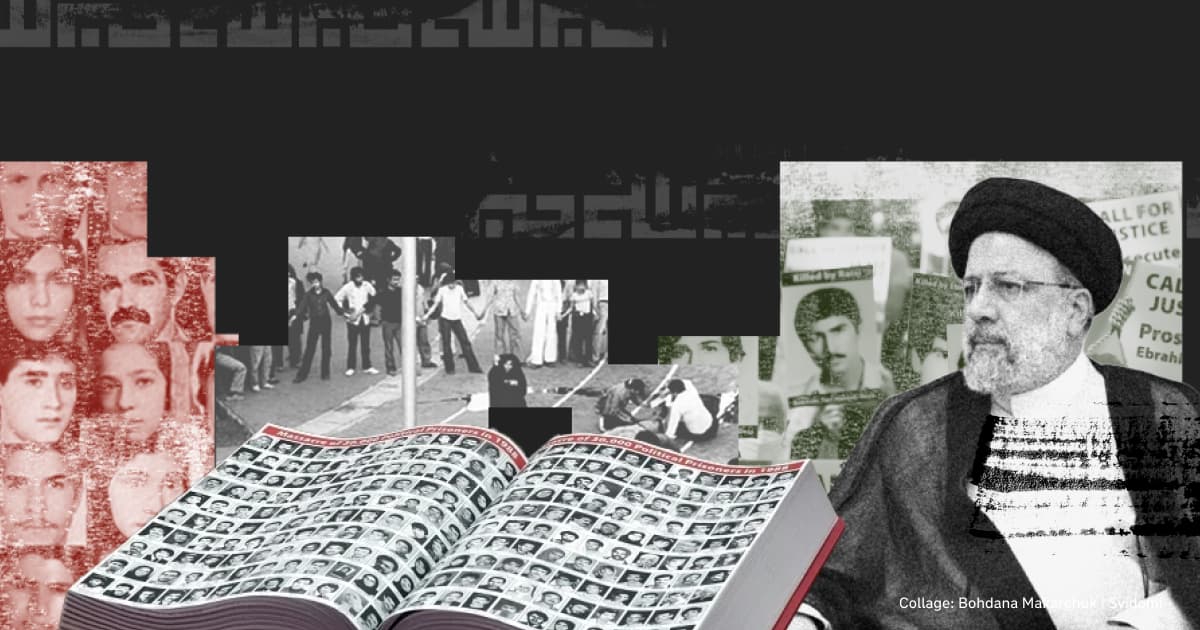
Although the spiritual leader has the final say on Iran's foreign policy and nuclear programme, Ebrahim Raisi has been called the most likely successor to Ayatollah Khamenei.
Raisi was the deputy chairman of the Assembly of Experts, which oversees the activities of the Supreme Leader and elects his successor. In the March 2024 Assembly of Experts elections, Iranians re-elected Raisi as the representative of South Khorasan Province in the Assembly of Experts. Raisi is also a member of the Expediency Council and chairman of the Supreme National Security Council, the Supreme Cultural Revolutionary Council and the Supreme Council of Cyberspace.
According to the US-based Institute for the Study of War (ISW), Raisi was considered one of the "main contenders" to succeed the Supreme Leader. Khamenei appointed Raisi as head of the judiciary in 2019 and endorsed his candidacy for the 2021 presidential election.
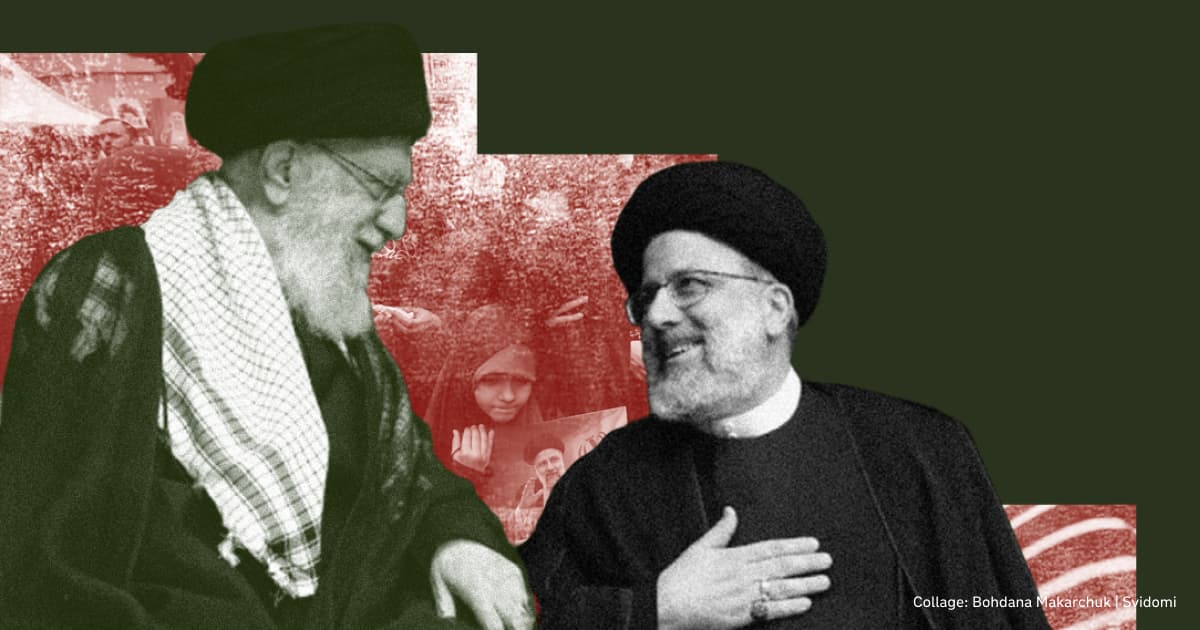
According to international experts, that year's elections were the least democratic since 1989. None of the candidates who could defeat Ebrahim Raisi, a conservative and ally of Khamenei, were allowed to run.
After the president's death, Khamenei said that 'the people of Iran should not worry, there will be no disruption in the work of the state' and that 'there will be no obstacles' to running the country.
The day before, Iranian state television interrupted all regular programming to broadcast prayers for Raisi's health.
What's next?
The next presidential elections will take place in 50 days. A special council will organise them. Until then, Iran's First Vice President, Mohammad Mokhber, will act as president.
Mokhber previously headed the Implementation of Imam Khomeini's Order, a semi-governmental organisation controlled by Supreme Leader Ali Khamenei, from 2007 to 2021.
"The next few days could change the immediate and long-term dynamics of the regime, including the succession of the Supreme Leader. However, Raisi's death will not ultimately change the regime's current trajectory towards a more rigid and conservative domestic policy and a more aggressive regional policy,"
ISW said.
At the same time, Illia Kusa, an international expert at the Ukrainian Institute for the Future, says we should not jump to conclusions.
"I would not say that we have almost lost the future leader of Iran, without whom the system is now finished. There are several candidates for the post of the supreme leader, and the process will not be paralysed by the death of one," says Kusa.
How did the world react to Raisi's death?
The European Union has expressed its condolences over the death of the President of the Islamic Republic of Iran, Ebrahim Raisi, Foreign Minister Hossein Amir-Abdollahian and other Iranian officials.
Indian Prime Minister Narendra Modi wrote on his social media that he was "deeply saddened and shocked by the tragic death of Ibrahim Raisi, President of the Islamic Republic of Iran".
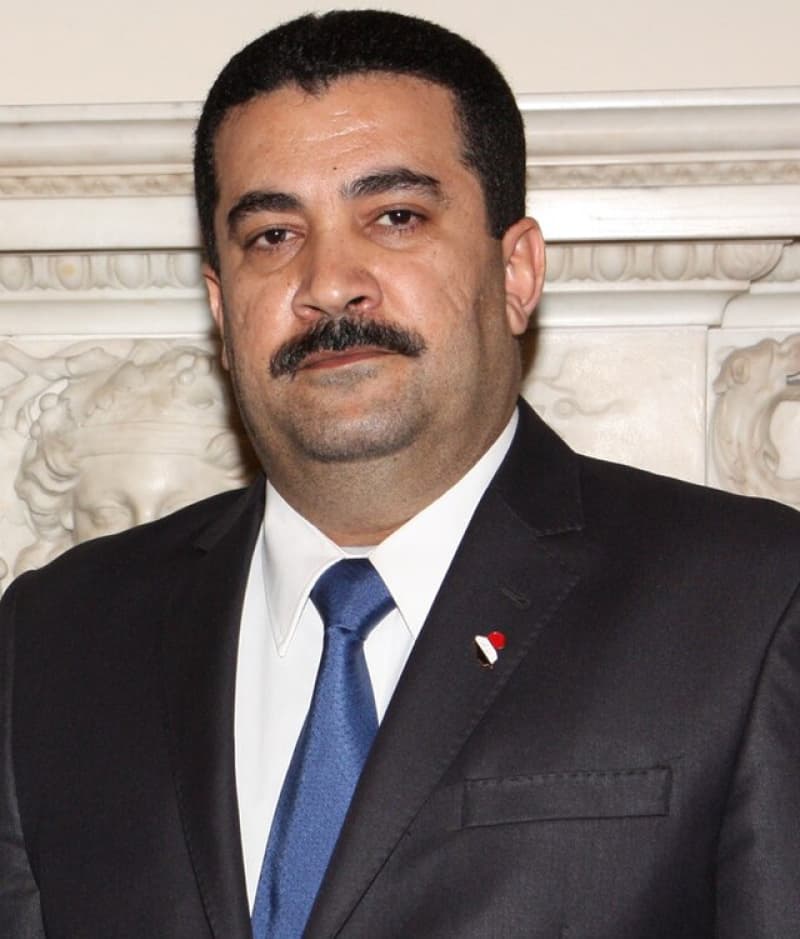
"We express our solidarity with the brotherly Iranian people and our brotherly officials in the Islamic Republic over this painful tragedy,"
Iraqi Prime Minister Mohammed Shia' Al Sudani wrote.
Venezuelan President Nicolás Maduro said he was "shocked by the terrible news of the serious physical loss of the President of the Islamic Republic of Iran".
The Lebanese resistance movement Hezbollah also issued a statement expressing its condolences to the Iranian people and leadership over the death of President Raisi and his top diplomat.
"We have known Seyyed Ebrahim Raisi for many years; he was our great brother, a strong supporter, a staunch defender of the issues of the Islamic Ummah, at the forefront of which is the issue of al-Quds and Palestine," the statement said.
"A true friend of Russia"
Russian President Vladimir Putin also expressed his condolences at the death of the Iranian president.
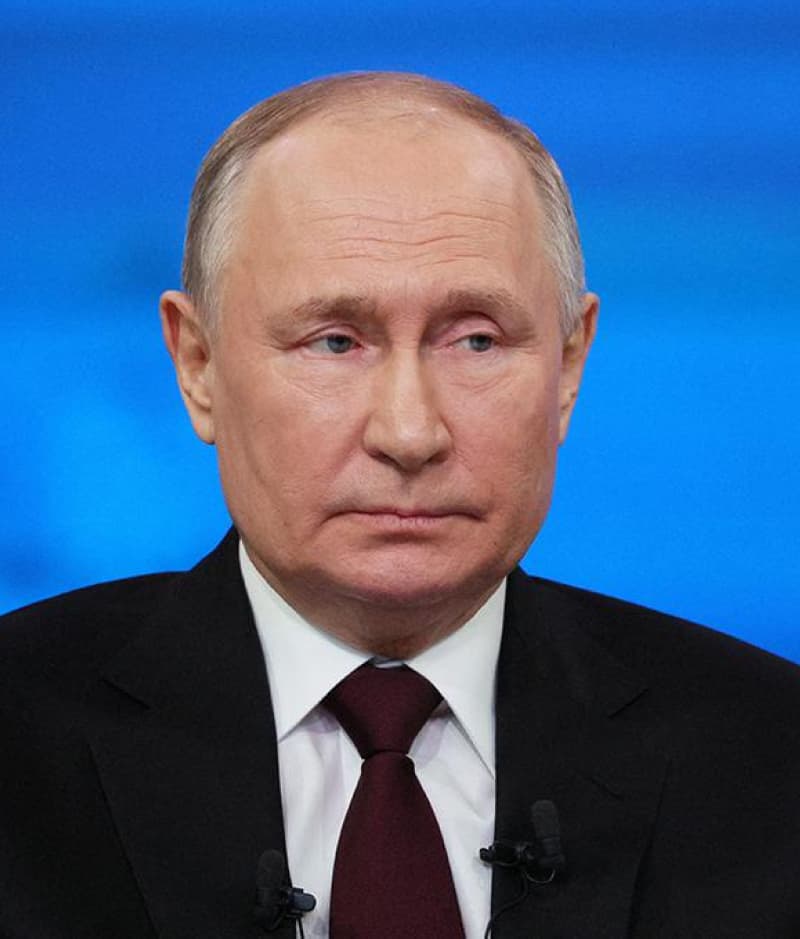
"Ebrahim Raisi was an outstanding politician who devoted his entire life to serving his homeland. He rightly enjoyed the high respect of his compatriots and considerable authority abroad. As a true friend of Russia, he made an invaluable personal contribution to developing good-neighbourly relations between our countries and made great efforts to raise them to the level of strategic partnership,"
Putin said.
Illia Kusa, an international expert at the Ukrainian Institute of the Future, wrote on Facebook that relations between the Russian Federation and Iran "are unlikely to change".
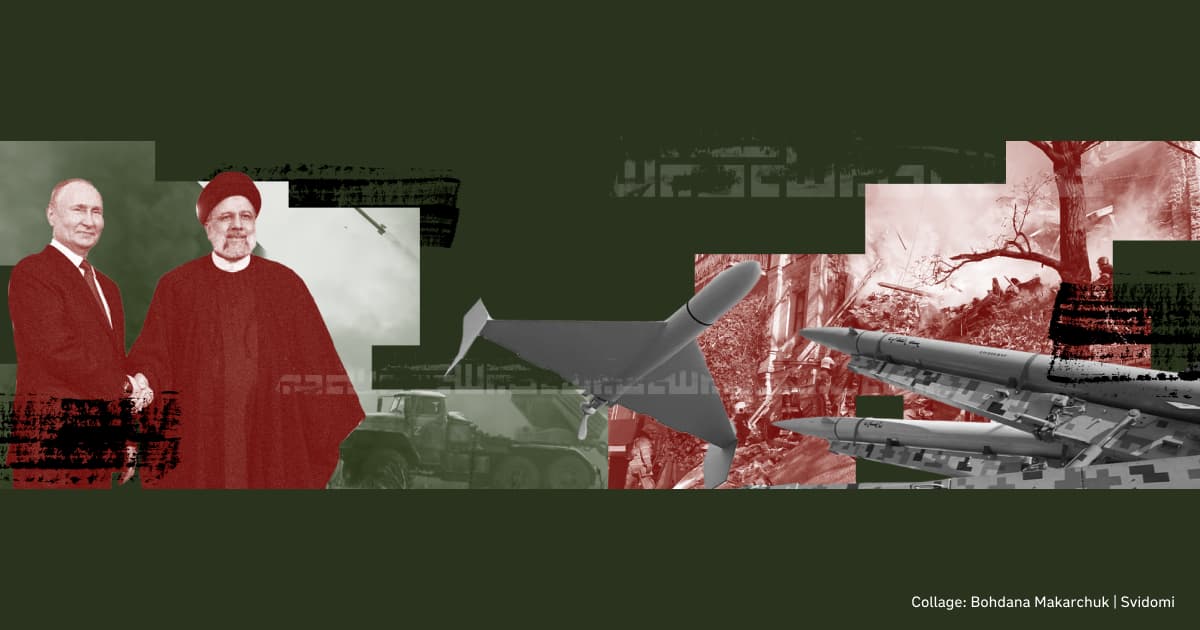
"At least if a conservative remains president. The situational partnership between the Russian Federation and Iran is tied not so much to one person as to the international situation, poor relations with the West and close ties at various levels. Therefore, the death of the Iranian president is unlikely to affect us (Ukraine)," the international expert believes.
Russian Foreign Minister Sergei Lavrov described President Raisi and Minister Amir Abdollahian as "true, reliable friends of the country".
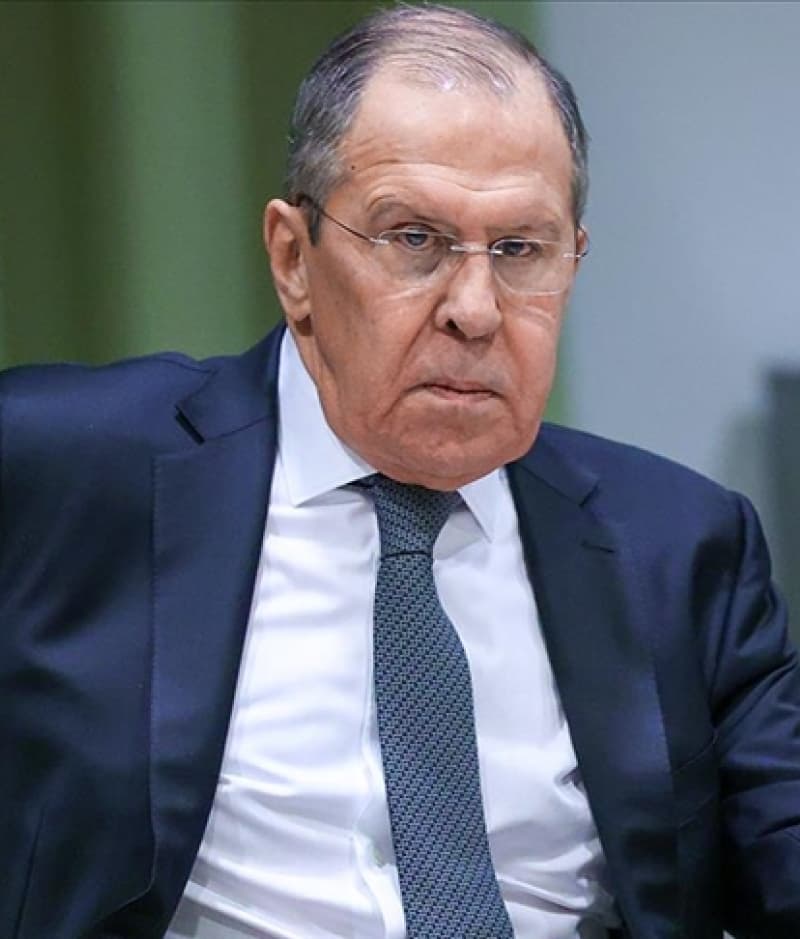
"Their role in strengthening mutually beneficial Russian-Iranian cooperation and trusting partnership is invaluable,"
Lavrov said.
Iran supplies Russia with Shahed military drones, which Russia is actively using to attack Ukrainian infrastructure and cities in the event of a full-scale war.
According to Reuters, Russia has received approximately 400 surface-to-surface ballistic missiles from Iran, including short-range rockets.

